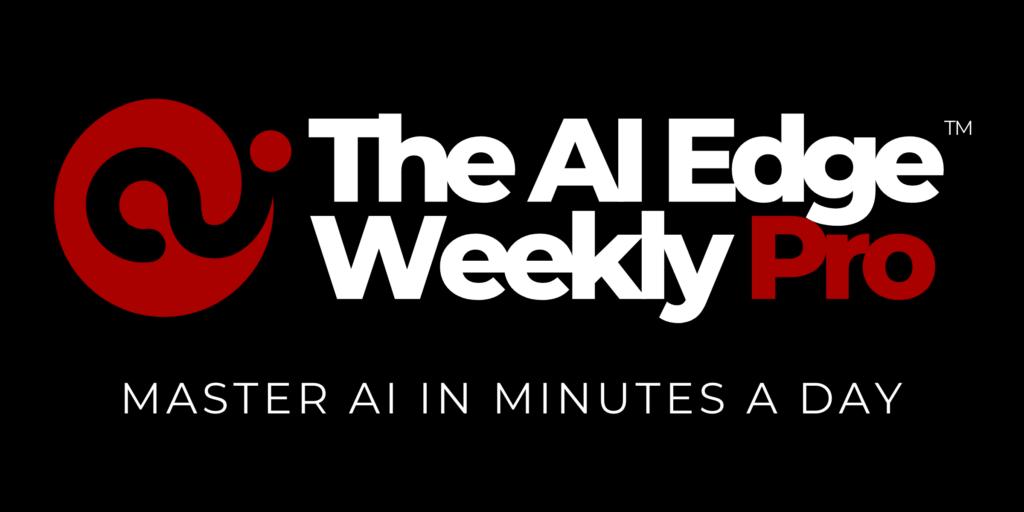AI is no longer a solo sport.
If you’ve got a team—whether it’s 2 VAs, a content pod, or a department—you need consistent, repeatable prompts.
We build custom prompt templates for teams for their internal SOPs, onboarding flows, brand voice, and client ops.
This guide will show you how we do that in order to:
- Create internal prompt SOPs your team can follow
- Use prompt templates for onboarding, content, and outreach
- Keep messaging and tone consistent across all roles
Let’s make AI your team’s unfair advantage.
Step 1: Build Internal Prompt SOPs
Your team shouldn’t ask, “How do I prompt this?” They should say, “Which prompt template do I use?”
A. Identify Repetitive Use Cases
Look across departments:
- Marketing: Social copy, landing pages, newsletter outlines
- Sales: Cold email drafts, follow-ups, proposal formatting
- Support: FAQ responses, tone adjustments, client updates
- Ops: SOP creation, process mapping, weekly updates
B. Write Prompts in C.R.E.S.T. Format
Context → Role → Explicit Instructions → Structure → Target
Example: Marketing Post Prompt
“Act as a brand copywriter. I’m writing a post about a new Notion template that helps freelancers organize client workflows. Write a LinkedIn post with a story-style hook, contrast the before vs. after, and close with a CTA to download.”C. Organize Templates Into a Shared Library
- Use Notion or Airtable
- Add categories, use tags (e.g., “Marketing – Evergreen” or “Ops – Weekly”)
- Include columns for:
- Prompt name
- Owner
- Last used
- Sample output
- Notes on performance
Step 2: Use Prompt Templates for Onboarding, Branding, and Outreach
A. Onboarding
New hires or contractors can use prompt templates to:
- Draft welcome messages
- Summarize training documents
- Generate personalized onboarding plans
Prompt:
“Act as an onboarding coordinator. Based on this job description and SOP links, summarize the key responsibilities, tools to learn, and what success looks like after 30 days.”B. Branding & Messaging
Want brand consistency across writers, emails, and posts? Use prompts with embedded tone + voice direction.
Prompt Template:
“Act as our brand copywriter. Write a promotional email in our tone: confident but humble, clear but not hypey. Topic: [insert topic]. Audience: [insert persona]. CTA: [insert CTA].”C. Outreach
Cold outreach is often where brand goes to die. Fix that with repeatable, role-based prompt chains.
Prompt Chain Example:
- “Write a cold email to a B2B founder who recently launched a podcast. Reference their show, connect it to our product (content system for founders), and invite them to a call.”
- “Summarize the same email for a 3-line LinkedIn DM with curiosity tone.”
- “Suggest a follow-up if no reply after 4 days.”
Step 3: Keep Prompt Templates Consistent Across Roles
A. Use Tone + Brand Instruction Blocks
Add these to each prompt:
“Voice: Conversational, pragmatic, clear. Avoid corporate jargon. Prioritize insights, clarity, and momentum. Think: James Clear for voice and tone.”B. Centralize Feedback + Iteration
- Add a column: “Last Reviewed”
- Add Slack threads or Looms explaining how to use the prompt
- Allow team to rate results (thumbs up/down + comments)
C. Create Role-Based Prompt Packs
Each role should have:
- 5–10 core prompt templates
- Weekly prompt checklist
- Shared folder access
Examples:
- Content Manager Prompt Pack: Blog outlines, headlines, repurposing stack
- Client Success Prompt Pack: Welcome emails, feedback templates, weekly check-ins
- Sales Prompt Pack: Cold emails, lead follow-up, proposal framework
Weekly Workflow Example
Monday:
- Review last week’s prompt performance (what worked, what didn’t)
Tuesday:
- Update 1 prompt template with better structure or tone
Wednesday:
- Add 1 new prompt template to a team folder
Thursday:
- Run a training Loom or Slack explainer on a shared prompt
Friday:
- Team feedback: vote on best-performing prompt of the week
What to Do This Week
- Audit your top 3–5 repeatable team tasks
- Write C.R.E.S.T. prompts for each task with tone + role defined
- Store them in a shared Notion/Airtable prompt vault
- Share each template with the teammate who owns the task
- Set a cadence for weekly review + improvement
Want the Prompt SOP Kit for Teams with template packs, vault layouts, and onboarding stacks? Download it now
The bottom line
AI doesn’t make teams better. Prompt systems do.
When your team shares language, templates, and standards, your output gets faster, sharper, and more aligned.
Custom prompt templates = scalable excellence.











